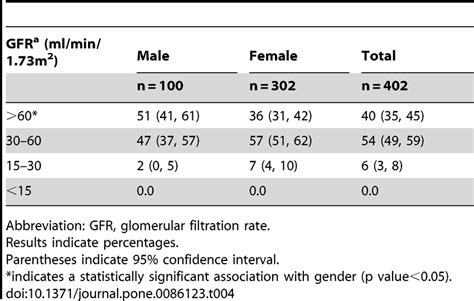Wellbutrin, also known by its generic name bupropion, is a medication primarily used to treat major depressive disorder and seasonal affective disorder. The 150 mg dosage is one of the common strengths of this medication, which comes in both immediate and extended-release forms. To understand the role of Wellbutrin 150 mg in managing depression, it’s essential to delve into its mechanism of action, benefits, potential side effects, and how it compares to other antidepressants.
Mechanism of Action
Wellbutrin acts differently from typical antidepressants like selective serotonin reuptake inhibitors (SSRIs) or tricyclic antidepressants. It mainly works by inhibiting the reuptake of dopamine and norepinephrine, two neurotransmitters in the brain that play significant roles in mood regulation and motivation. By increasing the levels of these neurotransmitters, Wellbutrin can help improve mood, reduce fatigue, and enhance overall mental well-being.
Benefits for Depression
- Unique Mechanism: Its distinct mechanism of action can make it particularly useful for patients who have not responded well to other types of antidepressants.
- Fewer Sexual Side Effects: Compared to many other antidepressants, especially SSRIs, Wellbutrin tends to have a lower incidence of sexual side effects, such as decreased libido or sexual dysfunction.
- Weight-Neutral or Weight Loss: Unlike many antidepressants that can cause weight gain, Wellbutrin is more likely to be weight-neutral or even associated with weight loss for some patients.
- Smoking Cessation: Beyond its antidepressant effects, bupropion is also approved to help people quit smoking, highlighting its versatility.
Potential Side Effects
While Wellbutrin can be effective for many, it’s not without potential side effects. Common side effects include:
- Dry mouth
- Nausea
- Headache
- Insomnia
- Dizziness
- Tremors
More severe but less common side effects can include allergic reactions, seizures (especially in patients with a history of seizure disorders), and an increased risk of suicidal thoughts or behaviors, particularly in children, adolescents, and young adults.
Treatment Considerations
When considering Wellbutrin 150 mg for depression, several factors are important:
- Dosage Adjustment: The dosage may need to be adjusted based on the patient’s response and tolerance to the medication. The maximum dose is usually 450 mg per day, given as a single dose or divided doses.
- Combination Therapy: Wellbutrin may be prescribed alone or in combination with other antidepressants, requiring careful monitoring due to potential interactions.
- Regular Follow-Up: Regular check-ins with a healthcare provider are crucial to assess the effectiveness of the treatment and manage any side effects.
Comparing Wellbutrin to Other Antidepressants
The choice between Wellbutrin and other antidepressants depends on various factors, including the patient’s medical history, the specific symptoms of depression, potential side effects, and personal preferences. For example, SSRIs like fluoxetine (Prozac) or sertraline (Zoloft) might be preferred for their broader range of approved uses, including anxiety disorders, but may have different side effect profiles compared to Wellbutrin.
Conclusion
Wellbutrin 150 mg offers an effective option for managing depression, especially for those looking for an alternative to traditional antidepressants due to its unique mechanism of action and side effect profile. However, as with any medication, it’s crucial to work closely with a healthcare provider to determine the best treatment plan, considering individual needs and medical history.
FAQ Section
What is the most common dosage of Wellbutrin for depression?
+The common dosages of Wellbutrin for depression can range from 100 mg to 450 mg per day, with 150 mg being a frequently prescribed dose, especially as an initial or maintenance dose.
How long does it take for Wellbutrin to start working for depression?
+It can take several weeks, typically 4-6 weeks, to start noticing the antidepressant effects of Wellbutrin. It’s essential to be patient and continue the medication as directed by a healthcare provider.
Can Wellbutrin be used for anxiety?
+While Wellbutrin is not FDA-approved for anxiety disorders, it may be prescribed off-label for certain anxiety conditions. Its primary approved uses are for depression and smoking cessation.
Is Wellbutrin addictive?
+Wellbutrin is not typically considered addictive in the same way as some other medications. However, it can cause physical dependence, and stopping it abruptly can lead to withdrawal symptoms.



